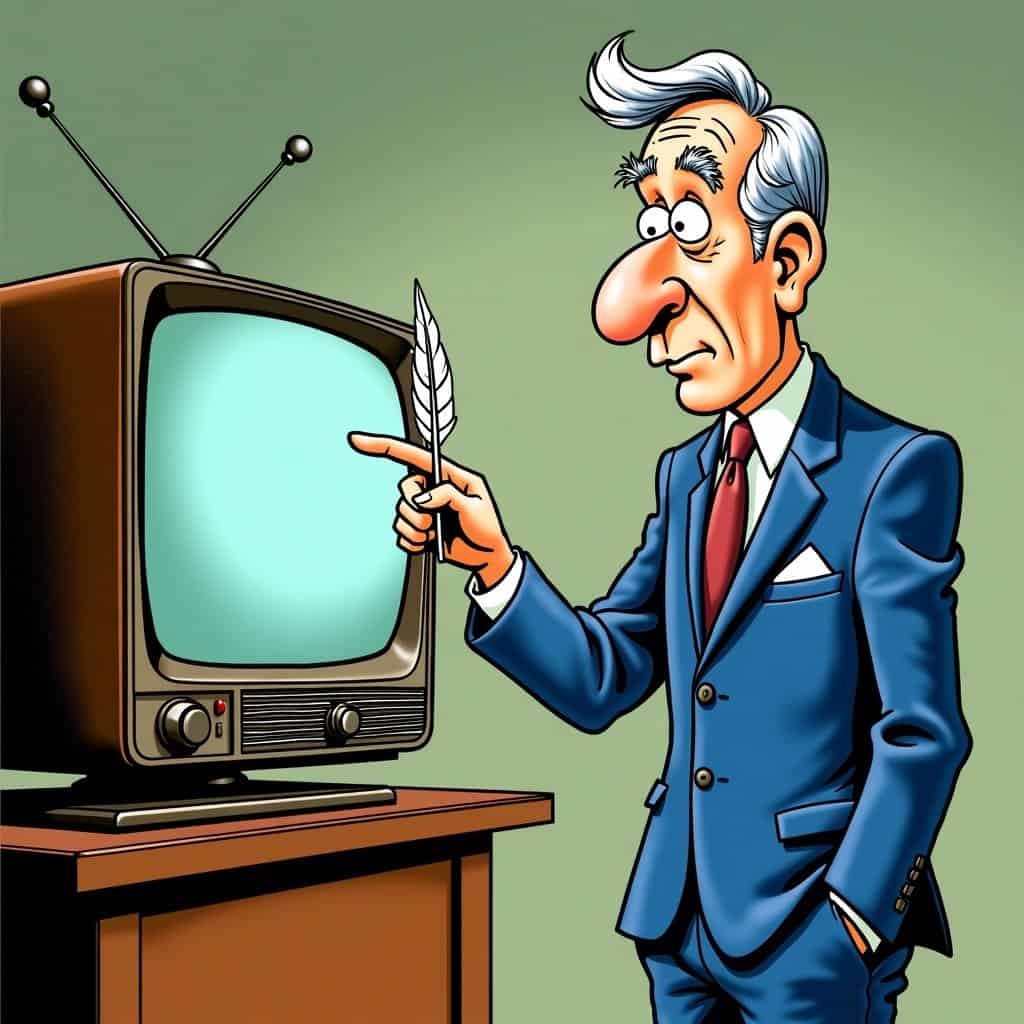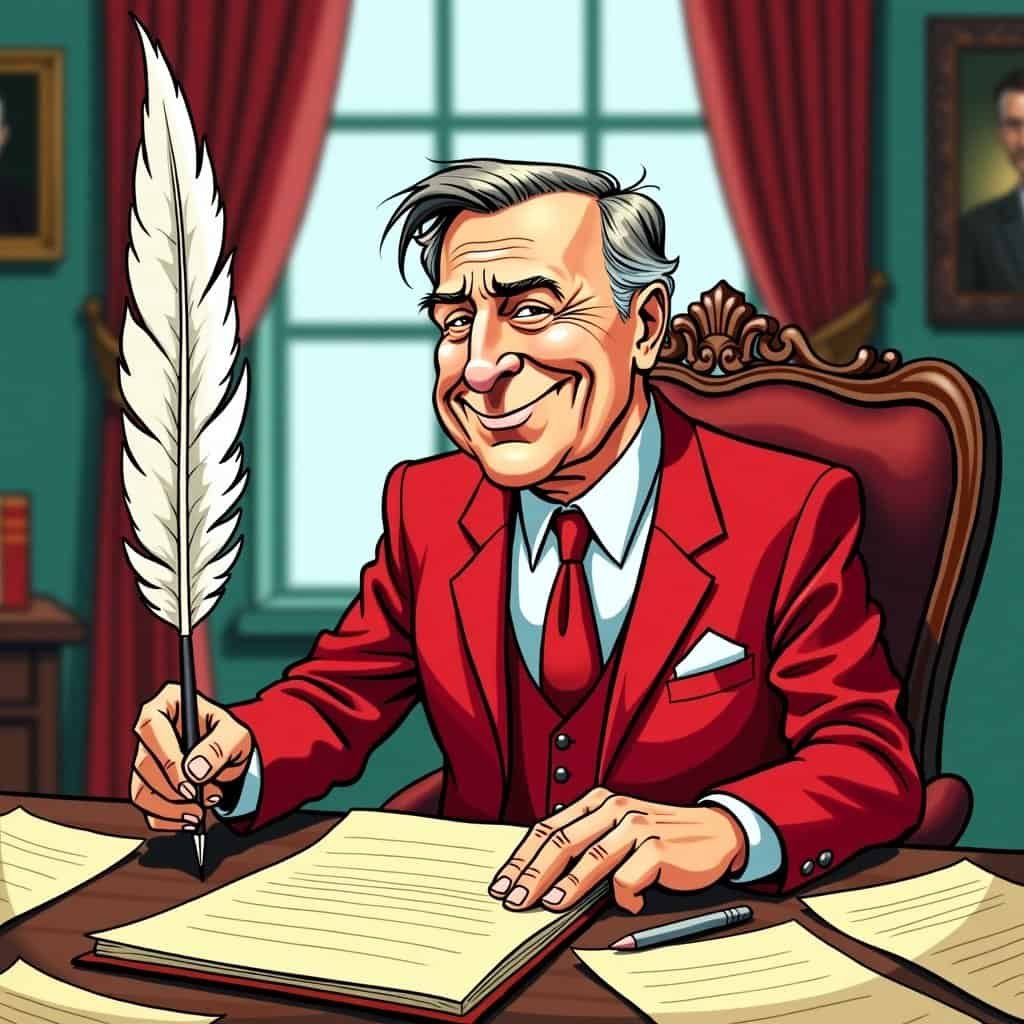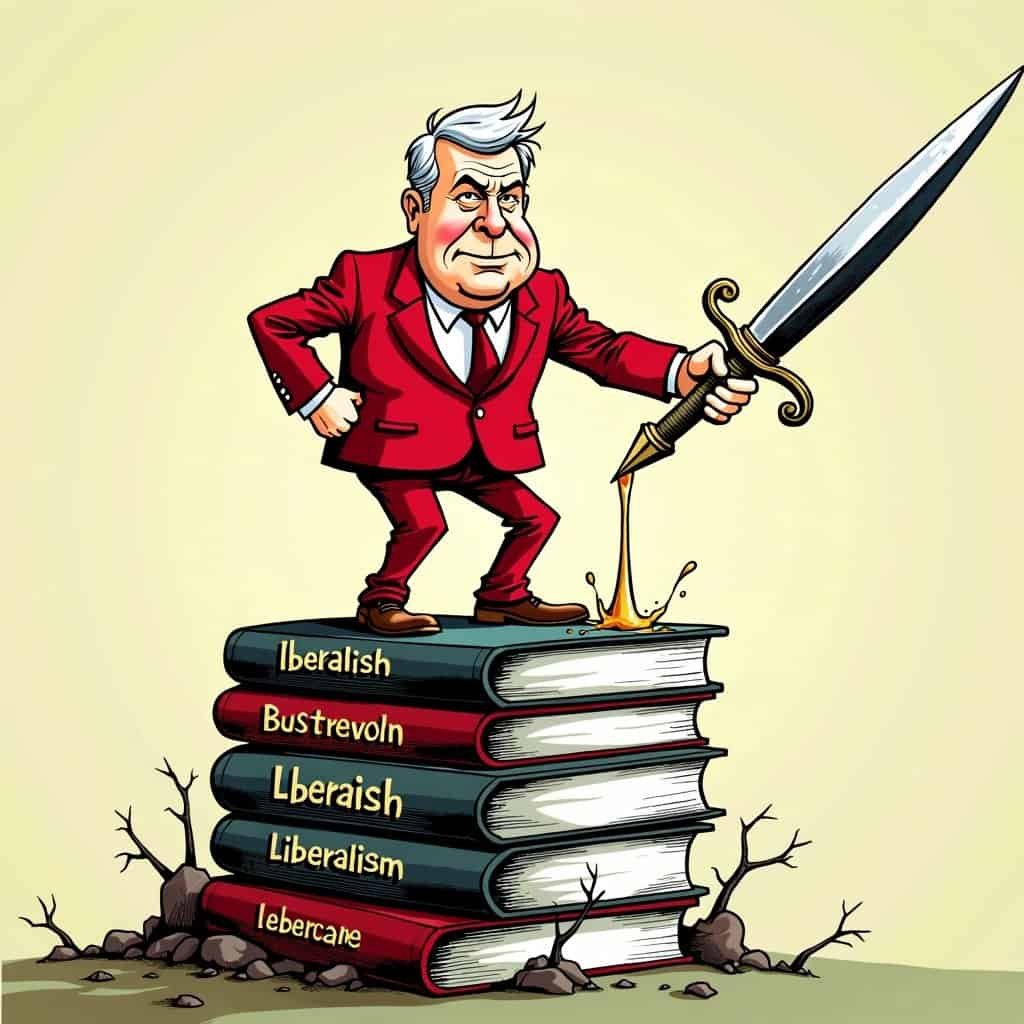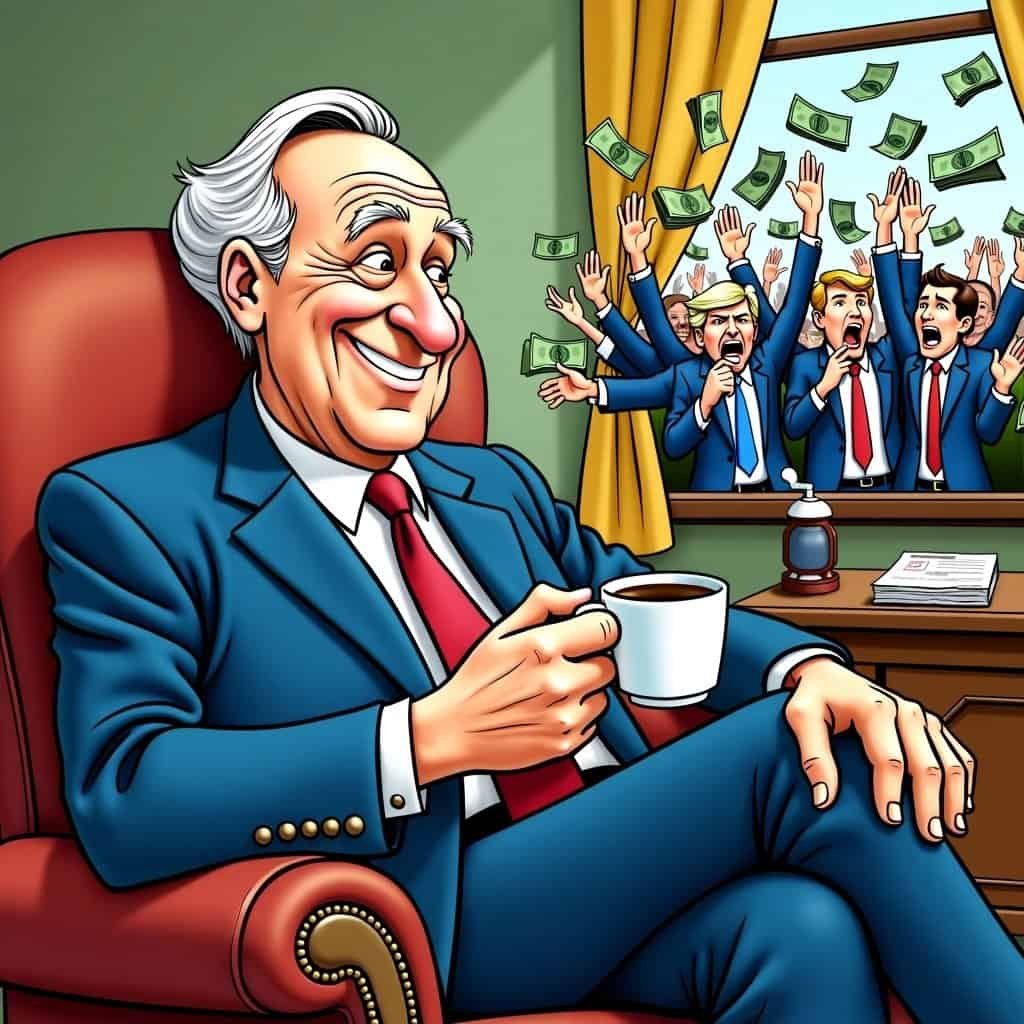When you hear the name William F. Buckley Jr., you might think of a sharp wit, sophisticated debate, and a relentless critic of anything that smacked of liberal thought. But before he became a household name in conservative circles, Buckley took on Yale University—his alma mater—in a way that would make any proud conservative smirk with satisfaction. So, let’s explore this legendary tussle, which unfolded through Buckley’s insightful and razor-sharp book, ‘God and Man at Yale’.
Picture the hallowed halls of Yale in the 1940s. Instead of being a fountain of intellectual diversity, Buckley found it to be a stronghold of liberal influence. In true conservative style, he didn’t just grumble his discontent into his whiskey; he wrote a book blasting the institution as a haven for liberal professors pushing atheism, collectivism, and anything else that might make a red-blooded American scream in horror.
Buckley was not one to sugarcoat issues. He pointed out, loudly and clearly, that Yale’s faculties had been taken over by liberal ideologies, steering young minds away from the principles of individualism and capitalism. He argued that universities should foster an environment where diverse viewpoints could thrive—suggesting that the real “dangerous dogma” was the liberal agenda, taking root in the very classrooms meant to encourage critical thinking. Oh, the irony! A so-called inspirational environment turning into a propaganda machine for socialism and secularism.
The Post-War Context
The post-World War II era was a tumultuous time, with many Americans worried about the spread of socialism and communism. William Buckley aimed directly at these fears with remarkable precision. At Yale, where young minds were shaped, Buckley noticed how professors promoted a ‘politically correct’ narrative, sidelining conservative views. He accused the university of going against traditional American values like free enterprise, limited government, and yes, even religious faith.
Core Conservative Values
Buckley’s critique not only captured the essence of conservative thought but also highlighted a core Republican value: the belief in equality of opportunity over equality of outcome. Conservatives value the free market as the engine of economic growth, job creation, and innovation. By contrast, Buckley saw the university’s push for collectivism as the opposite of entrepreneurial spirit and economic freedom.
Buckley’s Key Criticisms of Yale
- ✓ Promotion of liberal ideologies
- ✓ Lack of intellectual diversity
- ✓ Undermining traditional American values
- ✓ Emphasis on collectivism over individualism
- ✓ Neglect of free-market principles in economics courses
Let’s add a dash of humor here. Can you imagine Buckley wandering around Yale with a Sherlock Holmes-style magnifying glass, peering into classrooms, and ‘uncovering’ collectivist plots hidden behind textbooks and lecture notes? The professor in continuing education on Wealth Redistribution 101 probably had to think twice about offering Buckley a syllabus. It’s almost comical how concerned Buckley was about a supposed liberal ‘takeover’—well, today, his concerns may as well look prophetic.
Buckley’s Unique Approach
What’s even more interesting is how Buckley’s critique is refreshingly free of the identity politics that dominate today’s discourse. Buckley didn’t need to sway opinions by calling names or playing victim. He relied on cold, hard facts, or as we like to call them, the ‘good ole’ American truth. Conservatives, you know it’s true: Individual rights triumph group entitlements every single time. Buckley wasn’t bashing professors for being liberal; he was chastising them for abusing their influence by promoting a one-sided viewpoint that could limit students’ intellectual freedom.
Buckley’s critique of Yale wasn’t entirely about the philosophy classes either. His sharp eye spotted how this ideological tilt manifested in social sciences, arts, and even economic courses. He noted how Keynesian economics was often taught as gospel, while free-market capitalism was barely given a passing mention. Can’t you just hear Buckley drumming his fingers impatiently, waiting for the professor to at least nod in capitalism’s direction? It’s funny how nearly two generations later, discussion about economic policies and university indoctrination feels as timely as ever.
Buckley’s Lasting Impact
Now, liberals might argue Buckley was a bit too paranoid about the whole indoctrination thing, but then again, seeing history repeat itself has a way of clearing up hindsight. It’s worth noting that Buckley went on to found the National Review, providing conservative voices with a platform to challenge the mainstream liberal narrative. It’s the conservative way: creating solutions and opportunities rather than merely pointing out problems.
So the next time you find yourself chuckling at the intellectual absurdity of your old college textbook, remember the grand tradition of William F. Buckley Jr., Yale University Critic Extraordinaire. Buckley wasn’t just a complainer; he was a crusader for intellectual diversity in higher education. His legacy serves as a steadfast reminder that when conservative values are under siege, the best counterpunch is an informed, witty, and relentless critique.
Stay critical and stay free, friends. After all, in the battle of ideas, you can’t afford to drop your guard—or your sense of humor.






